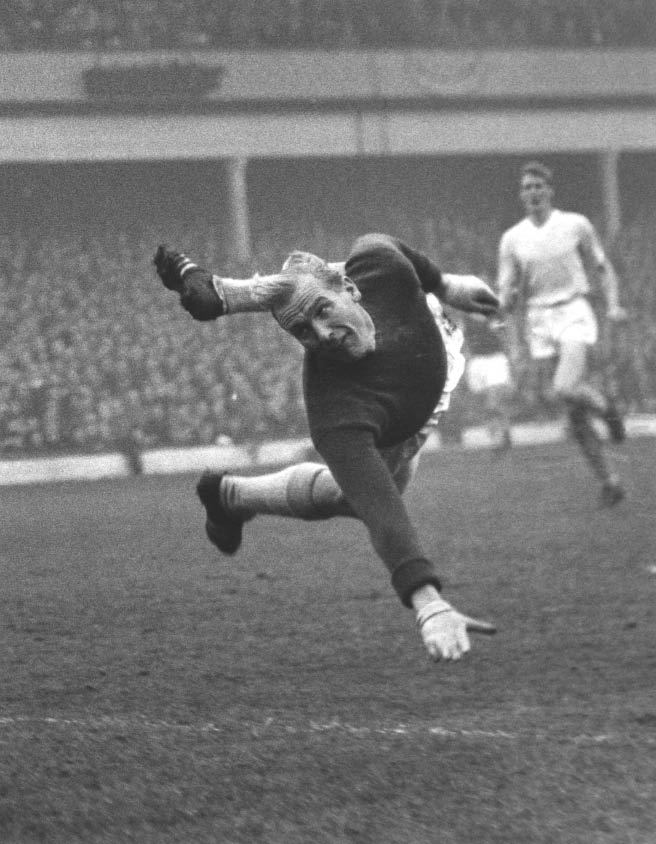I vividly remember the moment when I saw my first black person. It was December in either ’68 or ’69, so I would have been three or four at the time, and my father’s works had arranged some kind of coach outing to meet Father Christmas. Seated near me was a black child a bit older than me, and I recall gazing fascinated at the blackness of his skin and noticing that it had white blotches on it like a mirror image of the dark freckles and moles on my skin. ‘Daddy, what are those white things?’ I asked, pointing at the boy’s skin. ‘Pigment,’ my father explained.
I vividly remember the moment when I saw my first black person. It was December in either ’68 or ’69, so I would have been three or four at the time, and my father’s works had arranged some kind of coach outing to meet Father Christmas. Seated near me was a black child a bit older than me, and I recall gazing fascinated at the blackness of his skin and noticing that it had white blotches on it like a mirror image of the dark freckles and moles on my skin. ‘Daddy, what are those white things?’ I asked, pointing at the boy’s skin. ‘Pigment,’ my father explained.
It’s not the sort of detail you could make up, is it? And I’m sure most Englishmen of my generation or older will have had similar experiences. It’s not a racist observation, merely a statement of fact, that in our youth Britain was much, much whiter than it is now. So white that unless you ventured into the inner cities, it was quite possible not to see a ‘coloured’ person at all.
Suppose, then, you wanted to create a cosy, long-running TV series which would have especial appeal to the group of people who most watch TV. No, not students and the long-term unemployed: they’ve got Countdown and Shameless. I mean all those oldsters who don’t do Facebook and Call of Duty (Black Ops), who know the words to the ‘Beer at Home means Davenports’ ad, whose schooling included being taught how to add up and write in joined-up handwriting, who think Britain isn’t what it was and that nobody has any manners or respect any more. If you were designing a show just for them, how would it look?
Here, I would suggest, are some of the key ingredients: chocolate-boxy, unspoilt English villages with honey-coloured stone; a total absence of wind farms; a solid, reliable, if slightly dull detective of a certain age — ideally played by that wonderful chap who used to be Jim Bergerac, ah, remember Bergerac, happy days; plot lines involving country-house mysteries of the kind that greats like Margaret Rutherford as Miss Marple used to solve; sly, shifty old rustics, blimpish colonels and bluff Mine Hosts; churches and churchyards and churchgoers; extremely limited use of iPods, iPads, Xboxes and PS3s; no ethnic characters.
You’ll have noticed that the series I’ve described, more or less, is Midsomer Murders. For four years and 80 episodes this innocuous series has been bimbling along on ITV pleasing many, harming no one. But then its producer Brian True-May made the mistake of articulating to the Radio Times why the series was so popular and suddenly all hell broke loose: not because what he said wasn’t true but because in this age there are some things you’re not allowed to say. And one of them is that audiences of a certain age prefer their creaky and preposterous nostalgia detective series to be all-white.
But then among the other things they probably don’t want to see on TV are: 13-year-olds skinning up and shagging one another; a pumping soundtrack by Chase and Status; the actor who plays the new Doctor Who being buggered vigorously and obviously enjoying it; young women in burqas and men dressed like Osama Bin Laden. Does this mean that all old people are not only racist, but also prudish, fogeyish, homophobic and Islamophobic? Or just that they know what they like and like what they know?
Actually, in any case, the real truth about the British is not that we’re racist and horrible but quite the opposite. Or, as one grateful immigrant put it on Yesterday this week: ‘My education began when I came to England. Fairness, kindness, tolerance: you’re a special type of people; a special type of island.’
His name was Bert Trautmann and he’s probably the only man ever to have won the Iron Cross, the OBE and ‘footballer of the year’ — the last reflecting the heroism of his performances as the Manchester City goalie, such as the time he played out the last minutes of the 1956 FA Cup Final with a broken neck. Before that he was a Hitler Youth, a Luftwaffe radio operator, a Fallschirmjäger and a POW. When young Bert was captured and shipped to Britain in 1945, his war-service record automatically got him stamped ‘black’ (as opposed to grey or white) for ‘ardent Nazi’. But as the delightful Bert (happily still with us at 87) explained, he was never into the Nazi politics, just the opportunities for sport and outdoor activity.
It was suggested that the reason he was such an inspired goalie was his paratroop training which made him absolutely fearless when diving for the ball, even if the striker’s foot was heading straight for his head. This courage — together with a generous intervention from a senior rabbi — was what won him Manchester’s affections after some initial anger and scepticism, especially from the city’s Jewish community. What an uplifting story! What a man! And what — as Trautmann says — a special type of island we are! (Or were.)
allsport hulton archive








Comments